Media and Transitional Justice Academy
Journalists and members of the media, although often overlooked in conflict and any ensuing transitional justice processes, can play a crucial role in impeding or supporting transitions to peace. To support them, GIJTR works with journalists and media personnel in a variety of post-conflict settings, connecting them with civil society organizations and offering them training related to atrocity prevention and transitional justice.
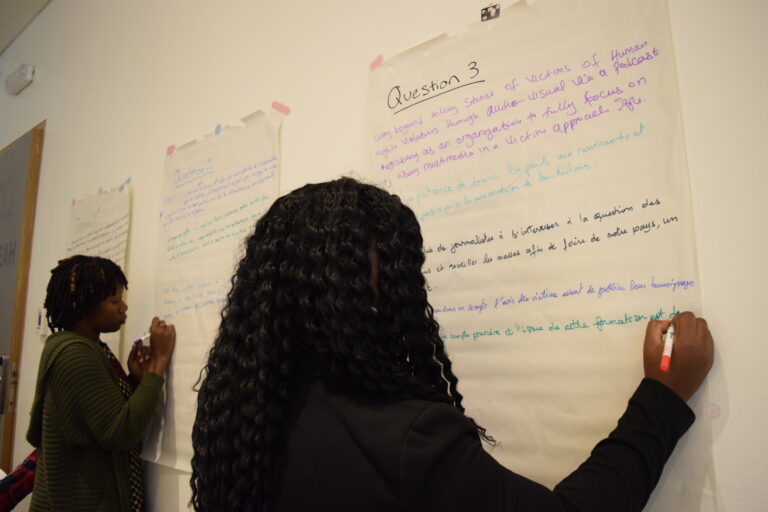
Project Details
GIJTR’s work in conflict and post-conflict countries has shown that journalists and members of the media, although often overlooked in conflict and the ensuing transitional justice processes, play a crucial role – either as instigators or provokers of conflict, or as key players in raising awareness, putting information about the conflict or the transitional process in the public domain and sharing survivors’ stories to support their recognition and broader societal healing. However, despite the significance of their role, journalists and media personnel often do not have sufficient training in relation to atrocity prevention and transitional justice. To address this gap in programming, in 2022, the GIJTR organized a twelve-month Media and Transitional Justice Academy to promote and address the critical role that traditional and citizen journalists play in sparking engagement on key transitional justice and atrocity prevention concepts. 10 journalists from Côte d’Ivoire, The Gambia, Guinea, South Sudan, Sudan and Tunisia joined the training program and were supported to carry out innovative projects related to media and transitional justice needs in their home countries.
Project Objectives
Build the capacity of journalists and media personnel in countries emerging from conflict or authoritarian regimes on the role of journalism in relation to remembrance, justice, truth-telling and social cohesion.
Ten journalists and media personnel built their capacity in relation to journalism, transitional justice and atrocity prevention through a four-day virtual training. Participants then engaged in a four-day training on media monitoring, atrocity prevention and journalism in Conakry, Guinea.
Support a diverse cohort of journalists, through targeted trainings and sub-grants, to pilot innovative media projects and support content creation in their home countries, designed to address local needs in relation to transitional justice and atrocity prevention.
Ten participants received subgrants and remote mentorship support to implement pilot projects focused on media, transitional justice and atrocity prevention needs in their contexts.
Encourage exchange and learning between journalists from different regions on best practices in relation to sharing survivors’ stories, monitoring transitional justice processes, and countering misinformation and hate speech.
Academy participants engaged in a four-day virtual exchange and evaluation meeting to share the results of their sub-grant projects, reflect on key lessons learn, and discuss next steps in relation to their pilot projects. In addition, a concise list of recommendations related to transitional justice, atrocity prevention and journalism was developed by project partners with input from participants.
These guidelines are meant to serve as a resource for continued learning and exchange with other journalists interested in advancing truth, justice and memory after conflict. The guidelines have been drawn directly from the reflections of the 10 participating journalists based on their involvement in the Media and Transitional Justice Academy.
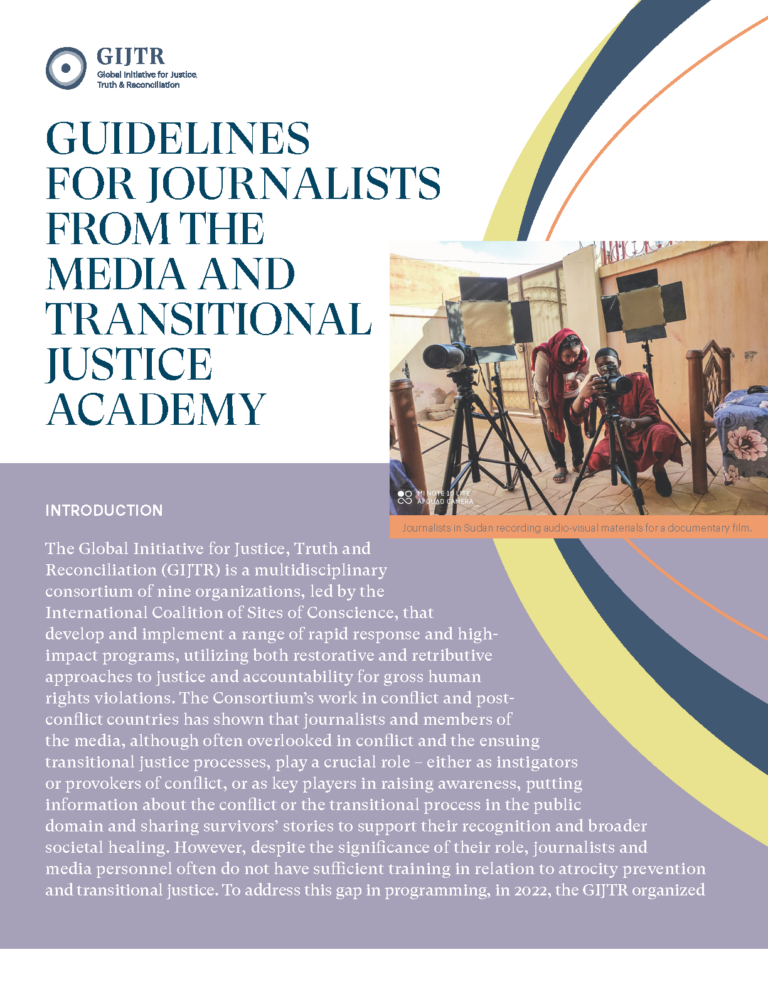
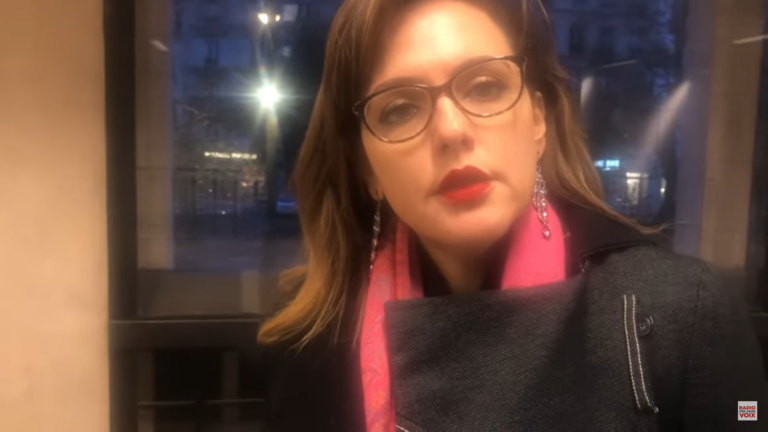
Algeria: Giving Voice to Families of the Disappeared
With the participation of family members living in France and in partnership with “The Collective for Families of the Disappeared in Algeria-CFDA," participant Lila Mokri documented the stories of missing and disappeared persons from Algeria.
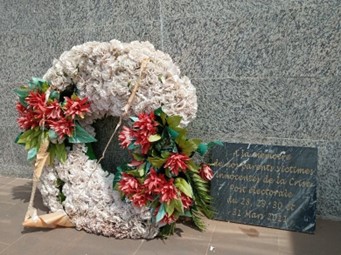
Côte d'Ivoire: Victims of the Duékoué crossroads massacres still awaiting reparations
Through this project, a young journalist from Cote d'Ivoire interviewed survivors and victims' family members from the 2011 post-electoral violence in Duékoué to raise awareness on the need for further transitional justice processes, with a focus on memorialization and reparations.
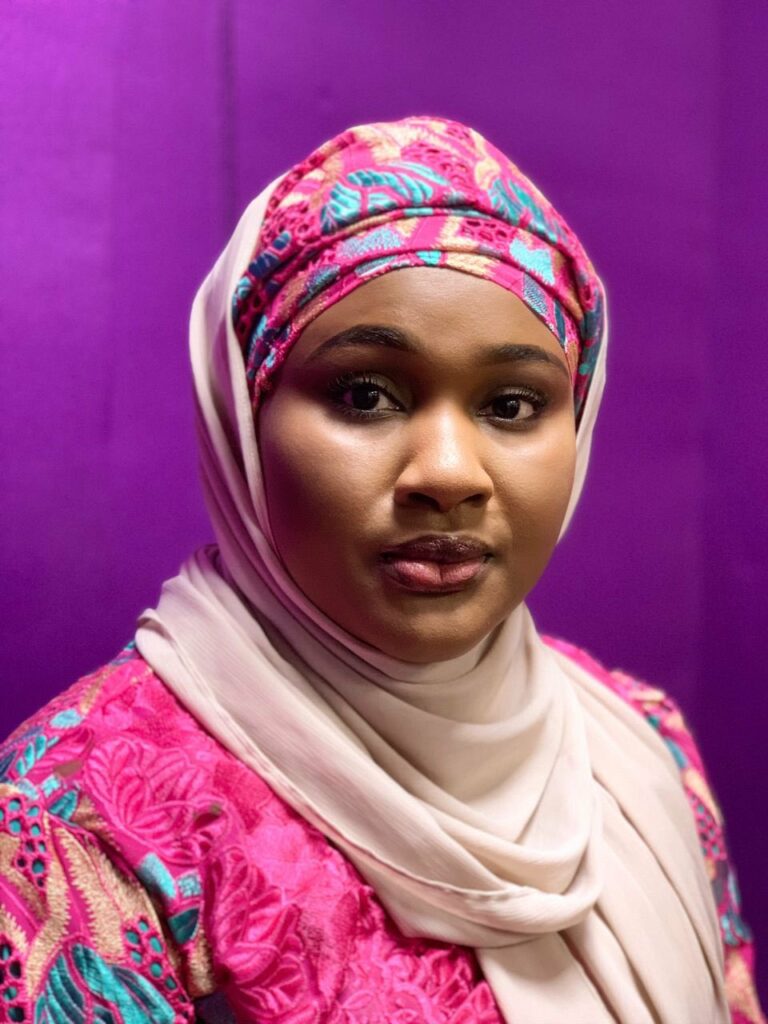
The Gambia: The Victim’s Podcast
In The Gambia, participants Fatou Ndure and Ayesha Harun, created a podcast and portrait series to give a voice -- and a face -- to victims of human rights violations under the Jammeh regime who did not have an opportunity to testify at the recent Truth, Reparation and Reconciliation Commission.
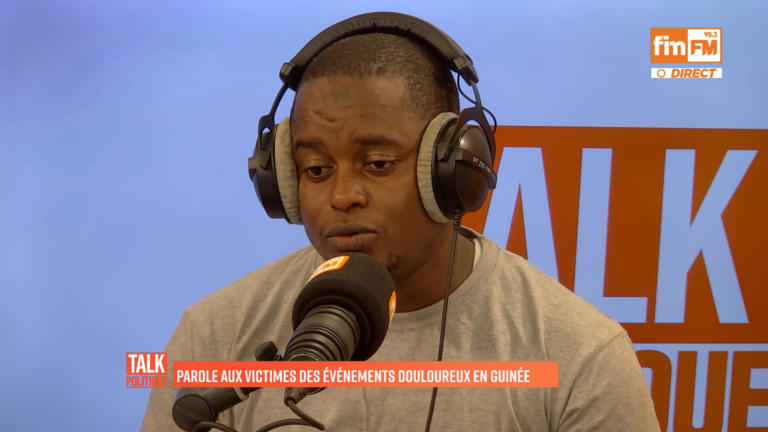
Guinea: Analyzing Transitional Justice in the Guinean Context
Through a series of interviews on radio and TV, participant Mamadou Aliou Bangoura explored the relevance of transitional justice in the Guinean context. Interviews included stories of victims and survivors of human rights violations, as well as activists working to support those affected by atrocities committed in the country.
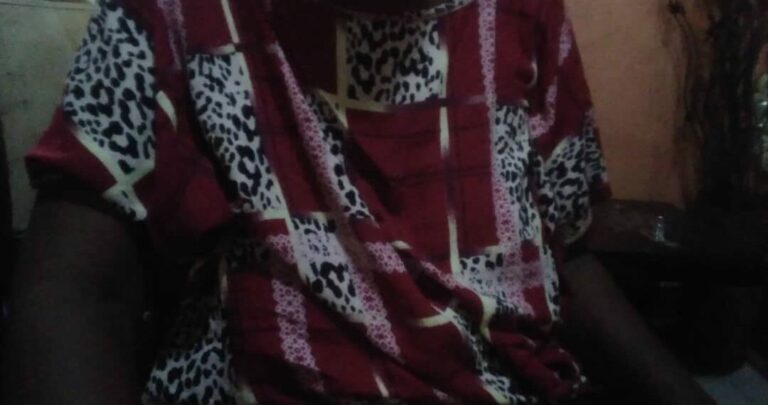
Guinea: Life after human rights violations
Through an in-depth report, this project gave a survivor of the September 28, 2009 Stadium Massacre an opportunity to share her story in her own words and her hopes and expectations for the ongoing trial related to the massacre.
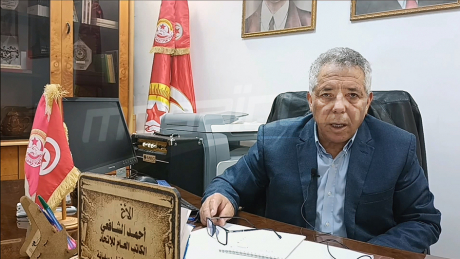
Tunisia: Providing a platform to victim's representatives and the region
10 years after protesters were violently attacked in the Seliana region of Tunisia, this project sought to highlight the victims' continued demands for justice and their urgent needs for reparations through a short documentary film.
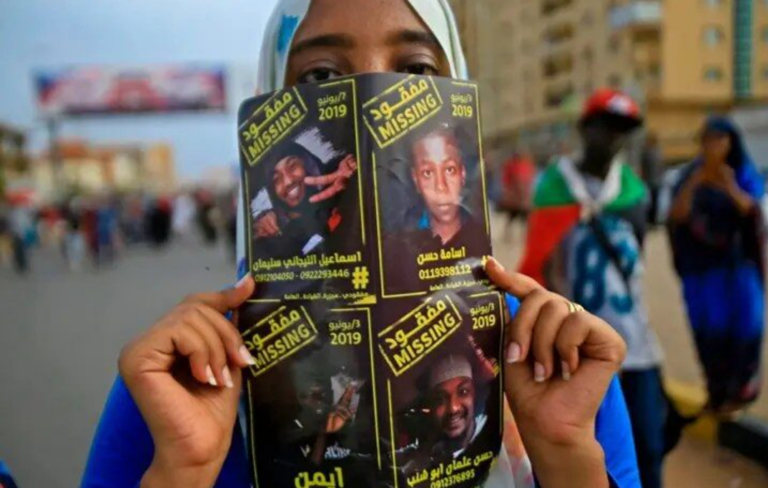
Documentary on Missing and Disappeared in Sudan
A participant from the Media and Transitional Justice Academy in Sudan produced “TRACE,” a documentary that shares the stories of enforced disappearances of demonstrators following the October 25, 2021 coup.
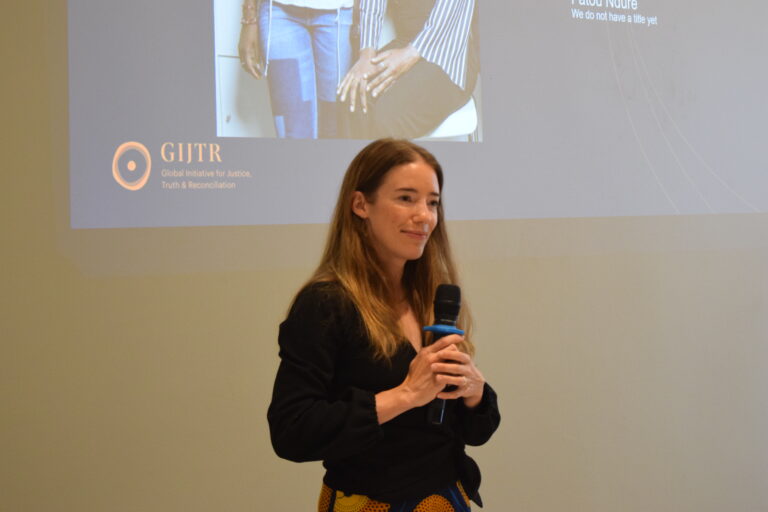
Interview with Sarah Case, Deputy Director: Transitional Justice
In this interview, Sarah Case, project manager of the Media & TJ Academy, shares details of the programming for this project.
